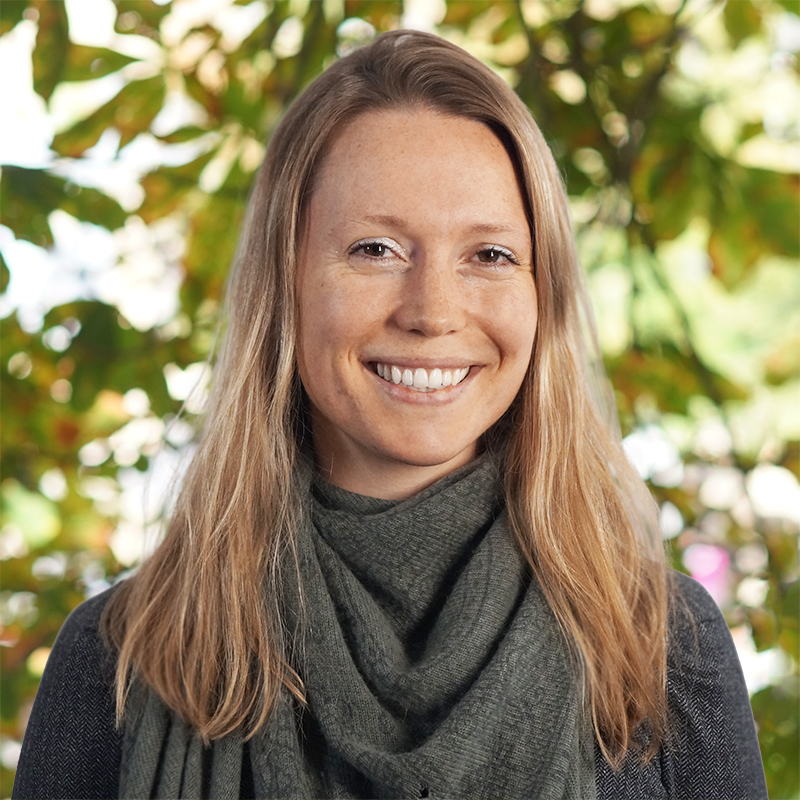
Arnaud Brizay
Team Lead Land Use in the Bioeconomy
❯
Food, agriculture, and forestry are of great importance for climate neutrality, biodiversity conservation and other key sustainability goals at national and international levels. The necessary knowledge on how to achieve these goals is largely available. Despite this, current agricultural, forestry, and food policies in Germany and the EU are not sufficiently aligned to the sustainability goals. We would like to change that.
At the independent think tank Agora Agriculture, we work on the central areas of action of the transformation at the interface between science, policy, society, and the private sector. With our work, we want to contribute to achieving the democratically negotiated sustainability goals and support future societal negotiation processes for the transformation.
We produce science-based analyses, organize dialogues, and develop politically feasible solutions for a broad range of topics, from the transformation of livestock farming to the rewetting of peatlands, sustainable arable farming and land use in the bioeconomy, and sustainable food systems.
An important basis of the work of Agora Agriculture is the integrated consideration of the sustainability dimensions. This, together with cooperation with Agora Energiewende, Agora Verkehrswende and Agora Industry, enables the comprehensive consideration of synergies and conflicting goals in the context of future land use. We focus on the transformation in Germany; however, we also work on key processes at the EU level and consider the international implications of political action.
Since transformation is a task for society overall, we address our analyses and recommendations to political decision-makers, interest groups from the private sector, agricultural producers, civil society, and journalists. We see the necessary change as an opportunity – not only for society – but also for the sectors involved. These change processes require a democratic and knowledge-based design. Agora Agriculture contributes to this.
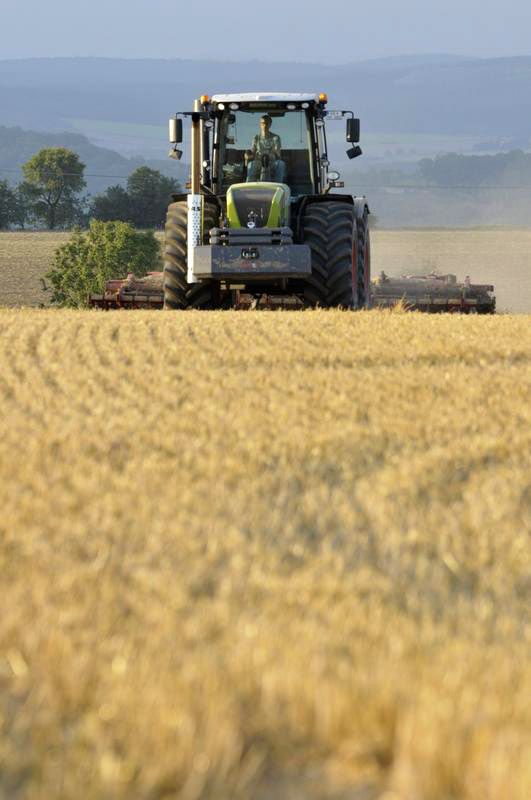

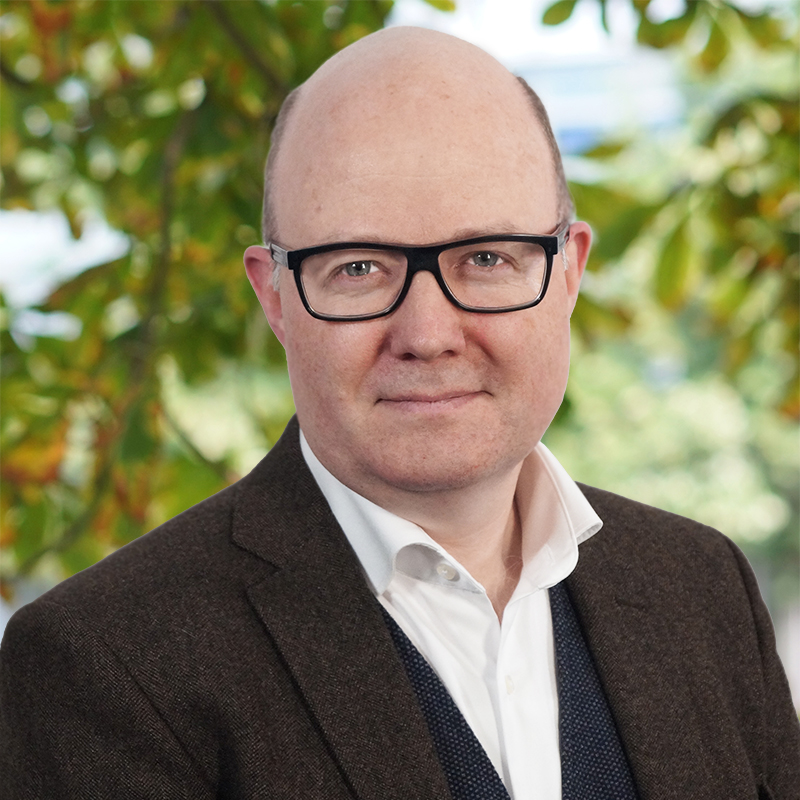
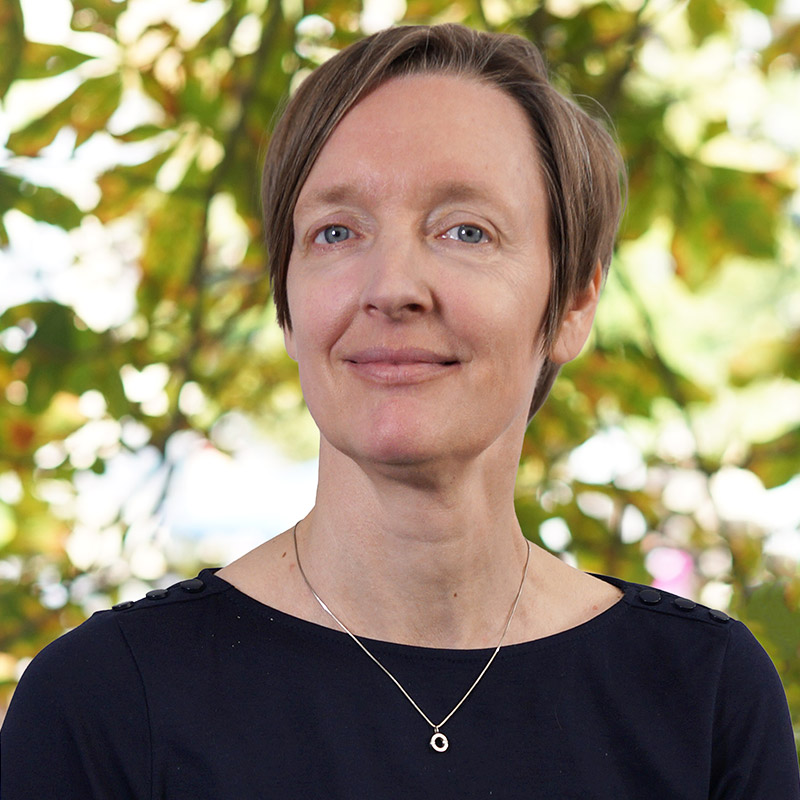
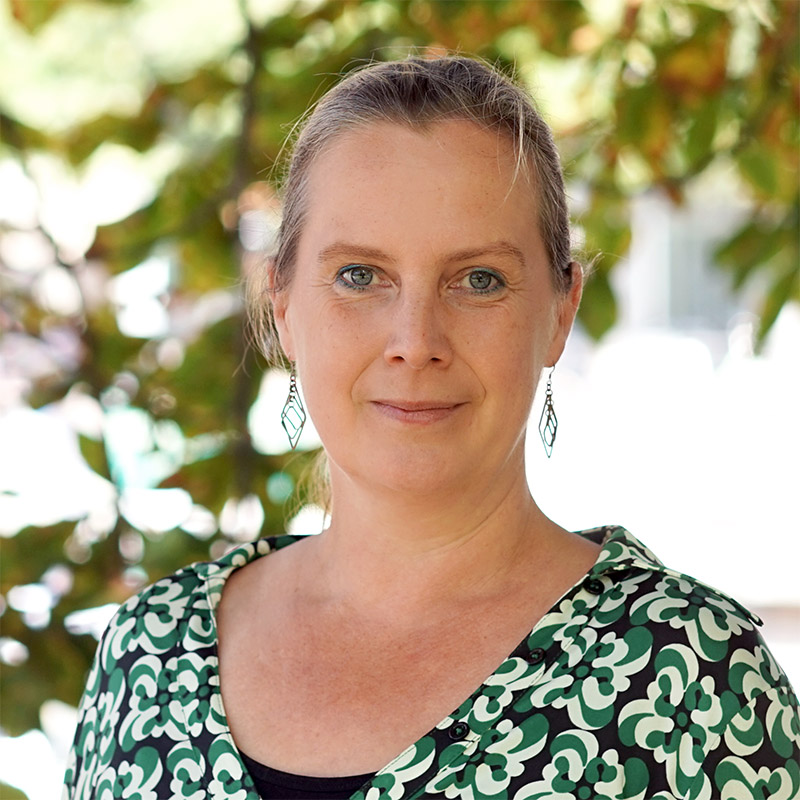
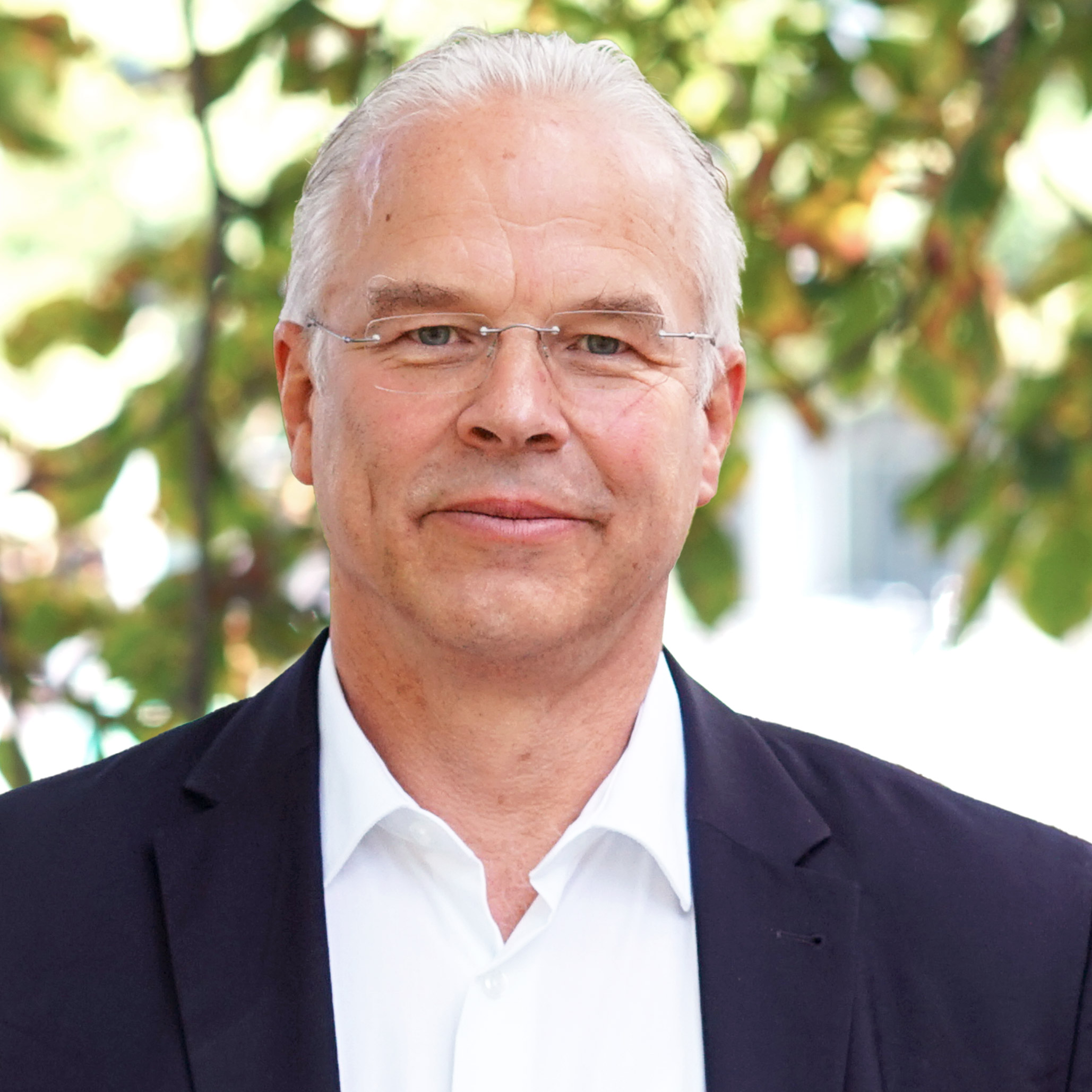
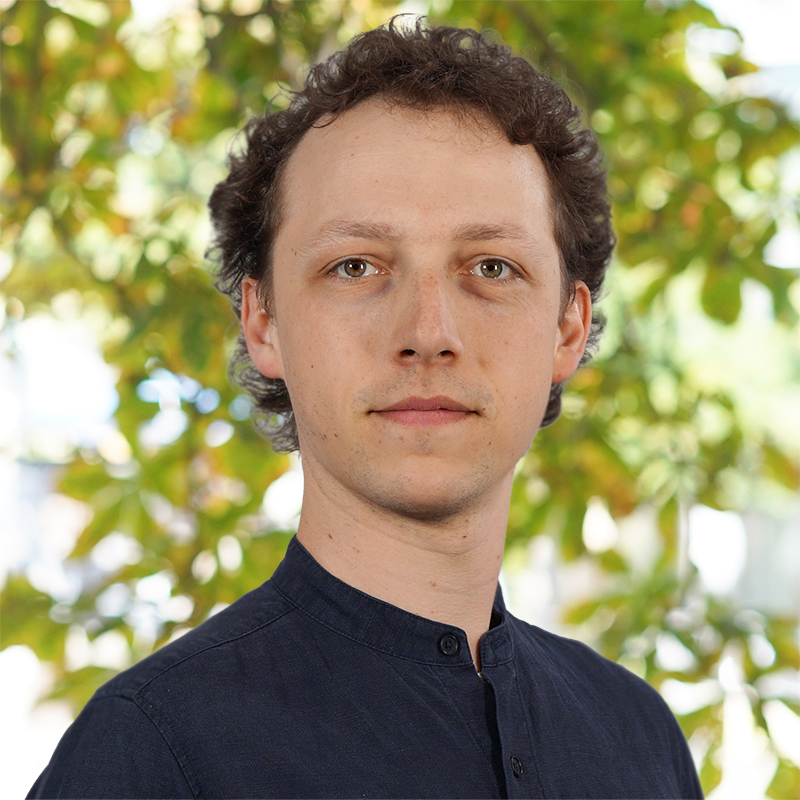
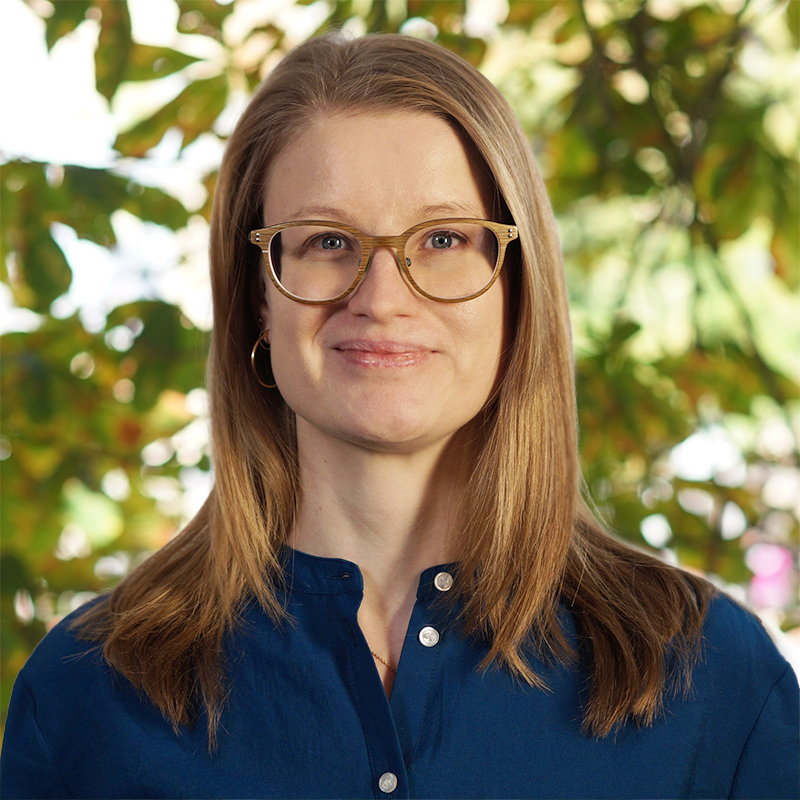
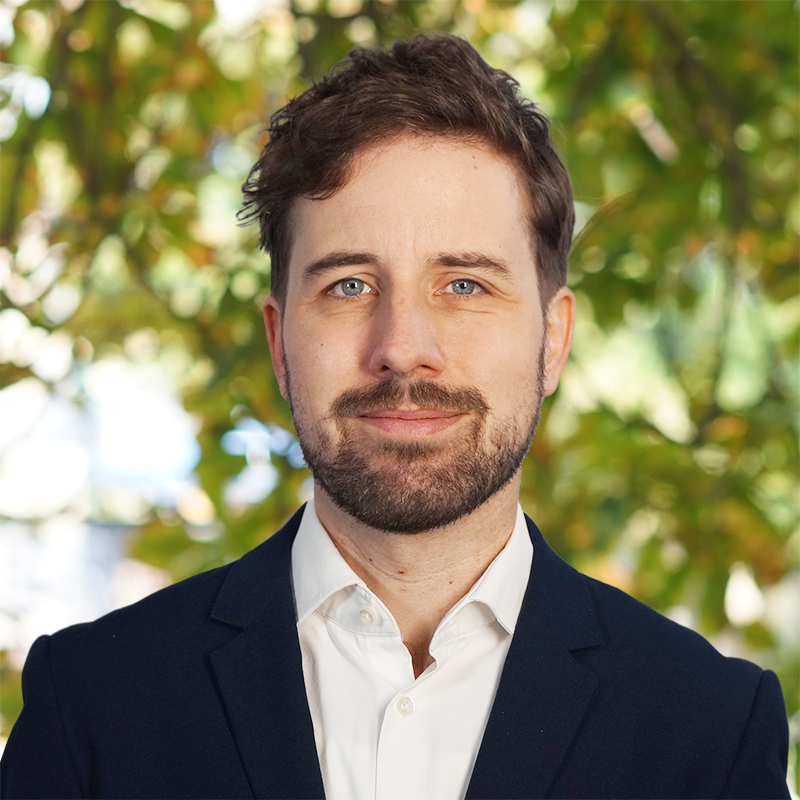
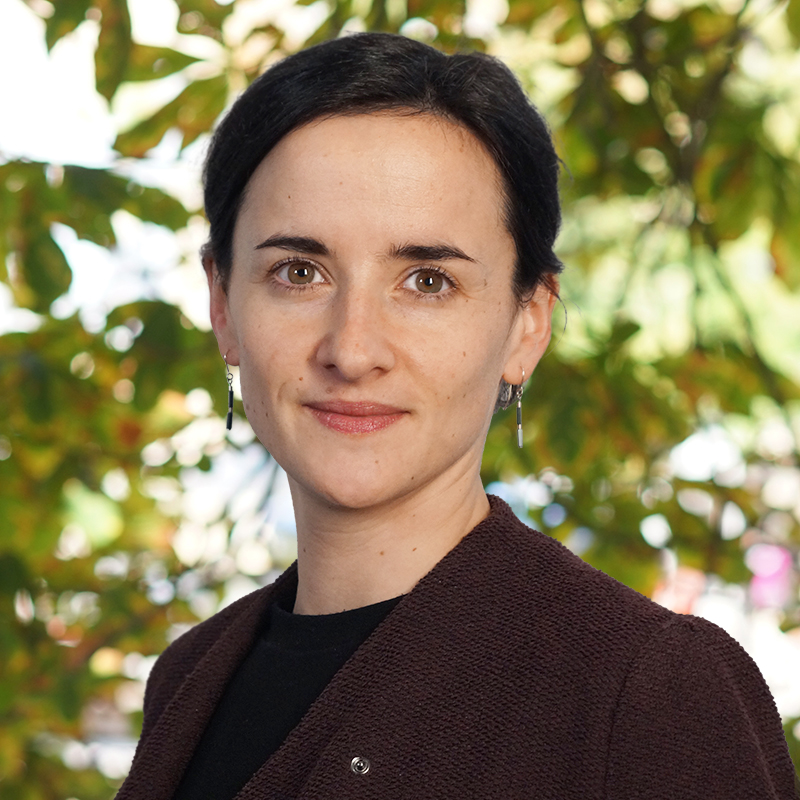
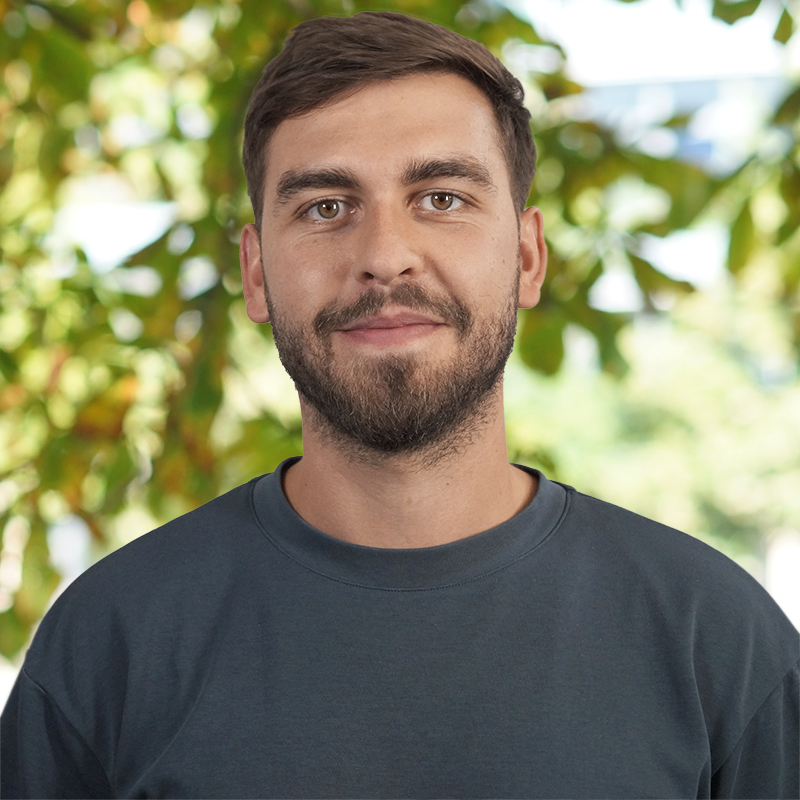
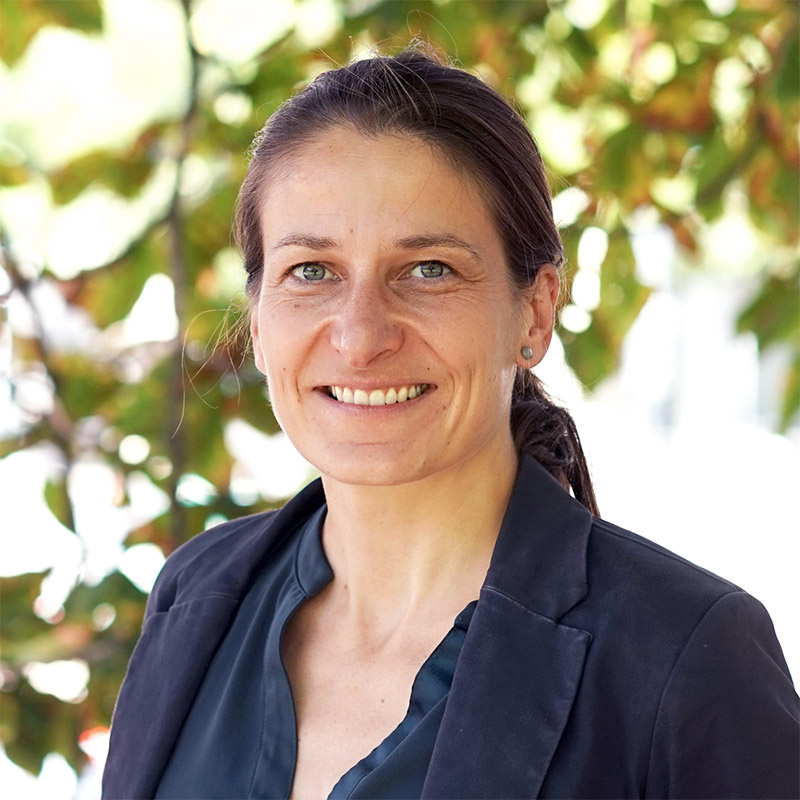
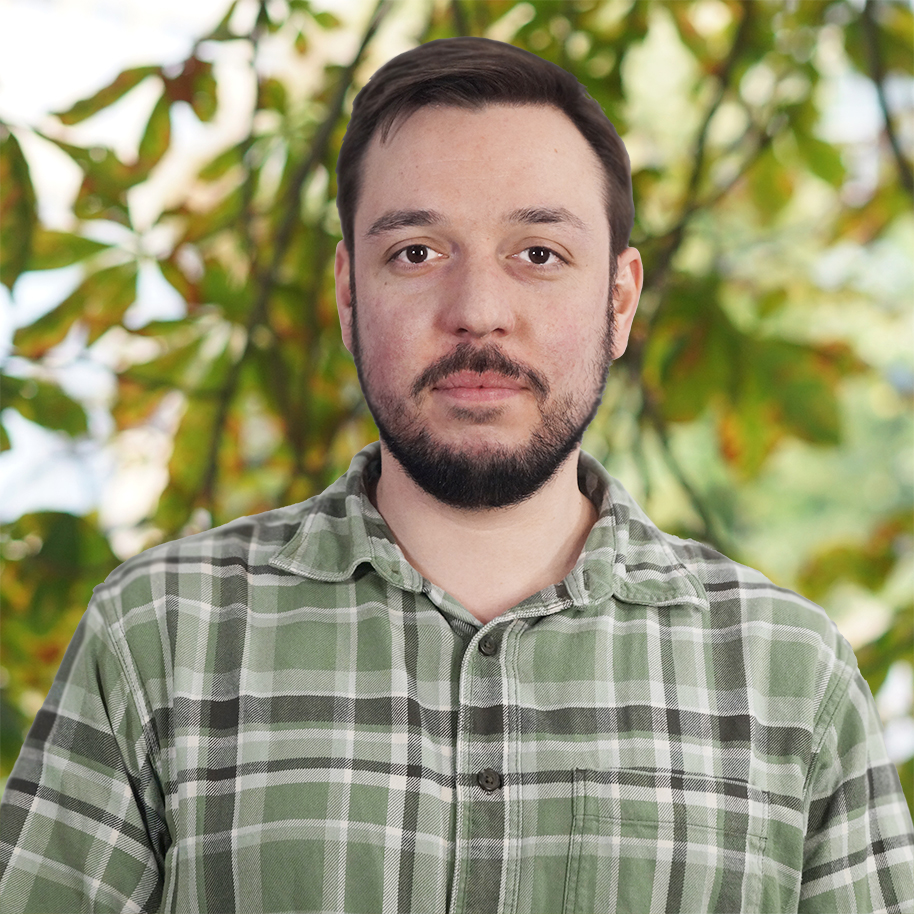
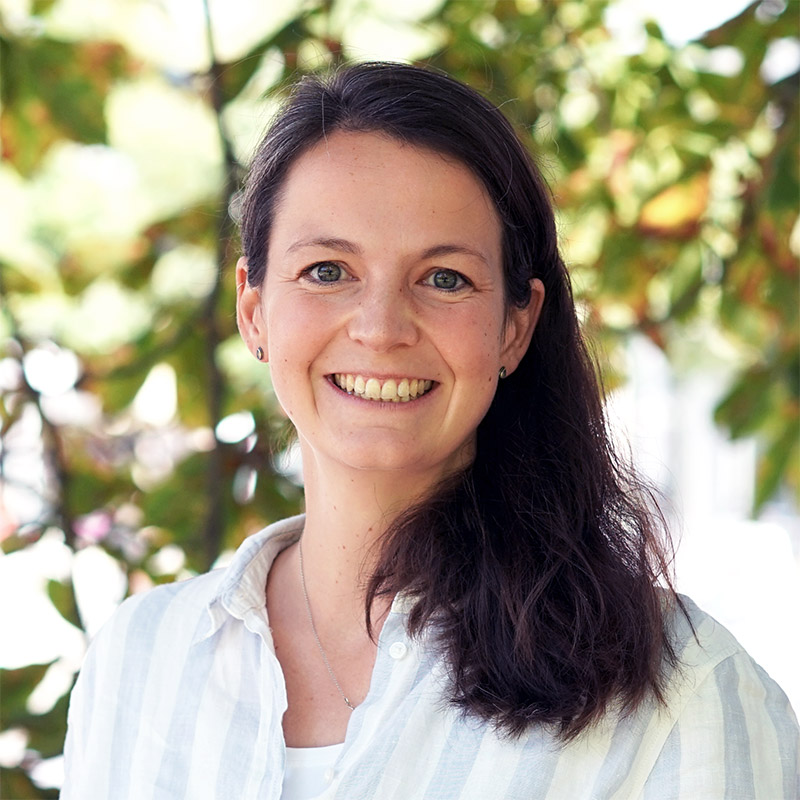
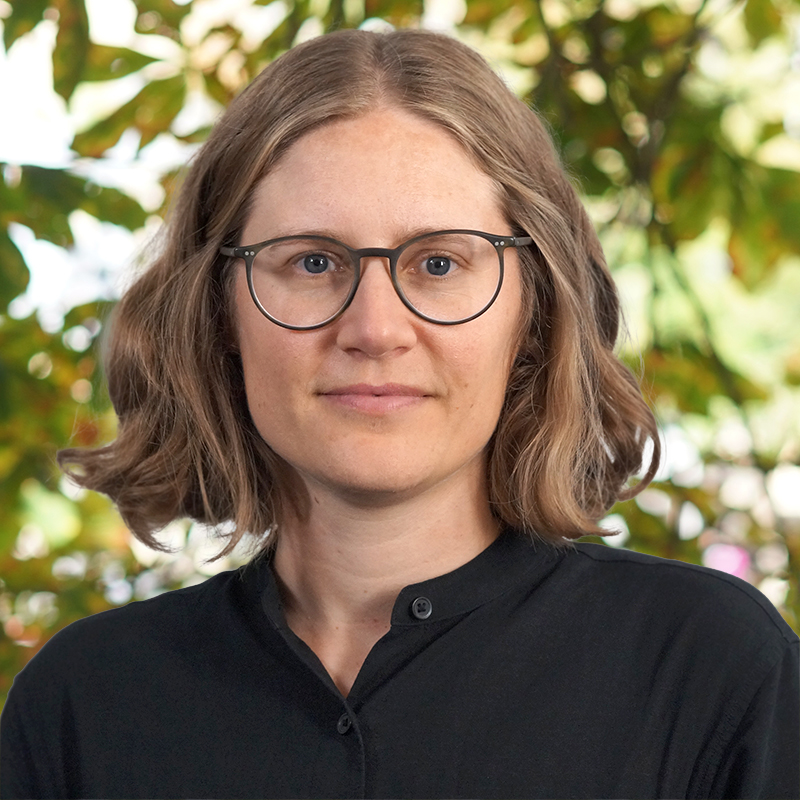
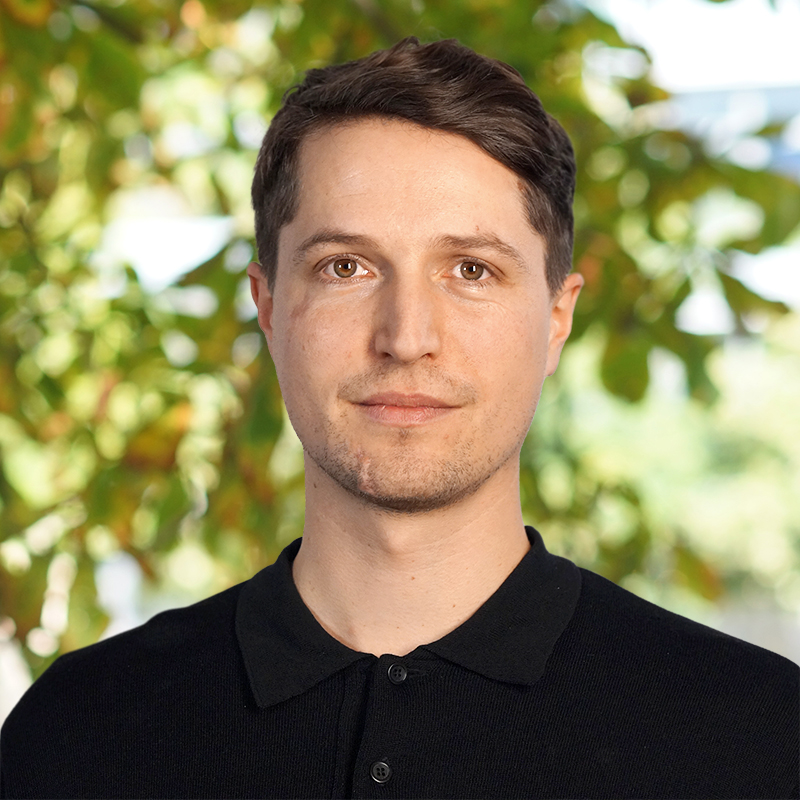
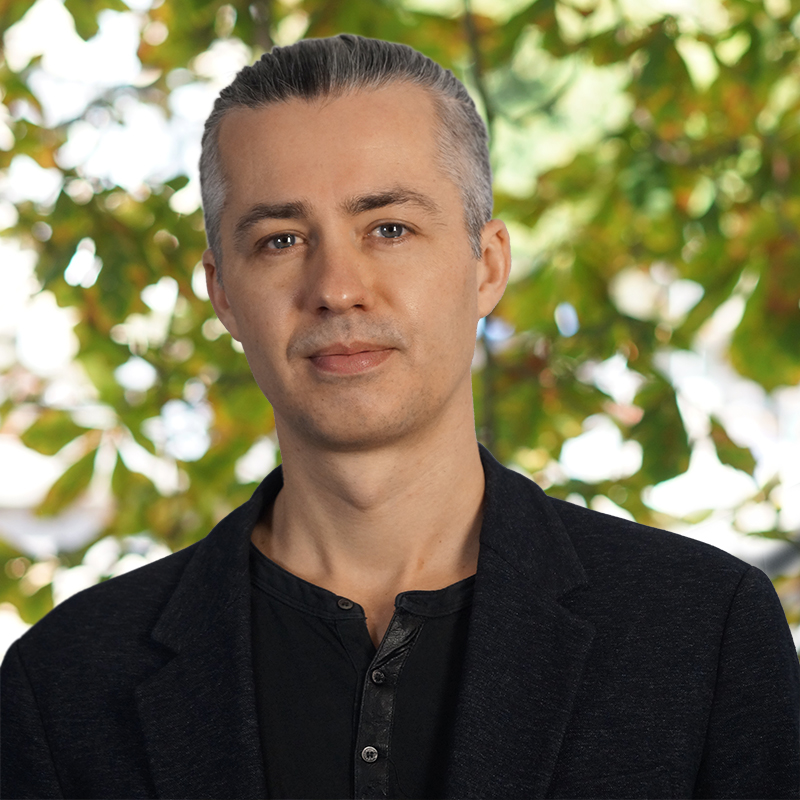
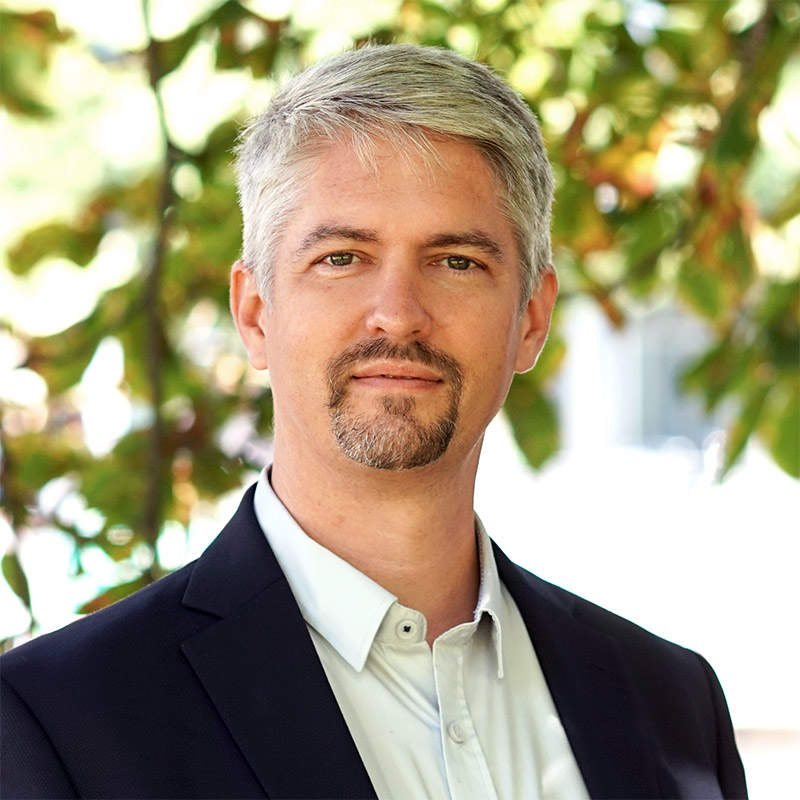
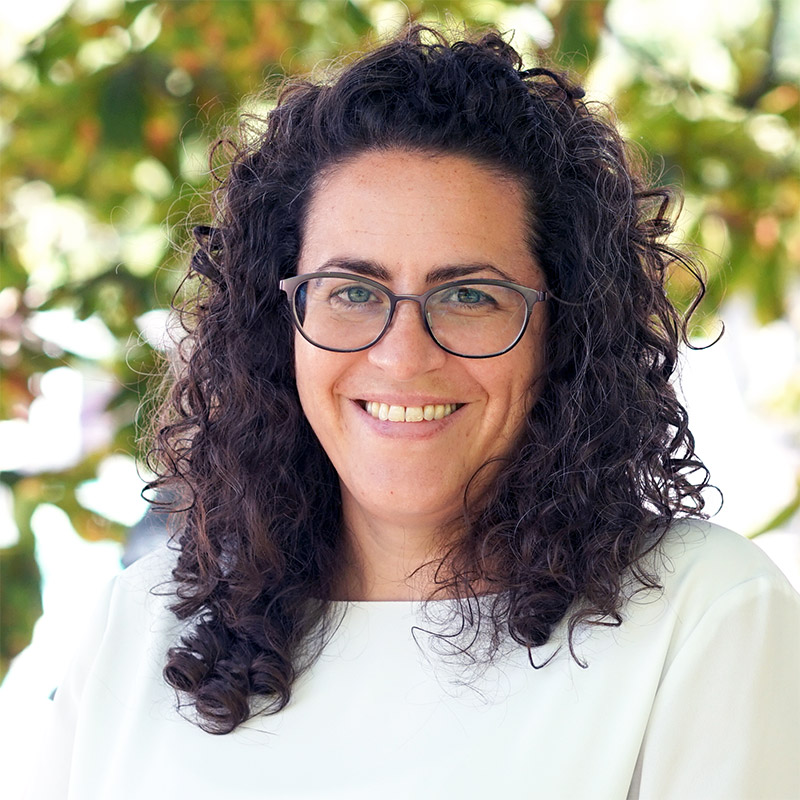
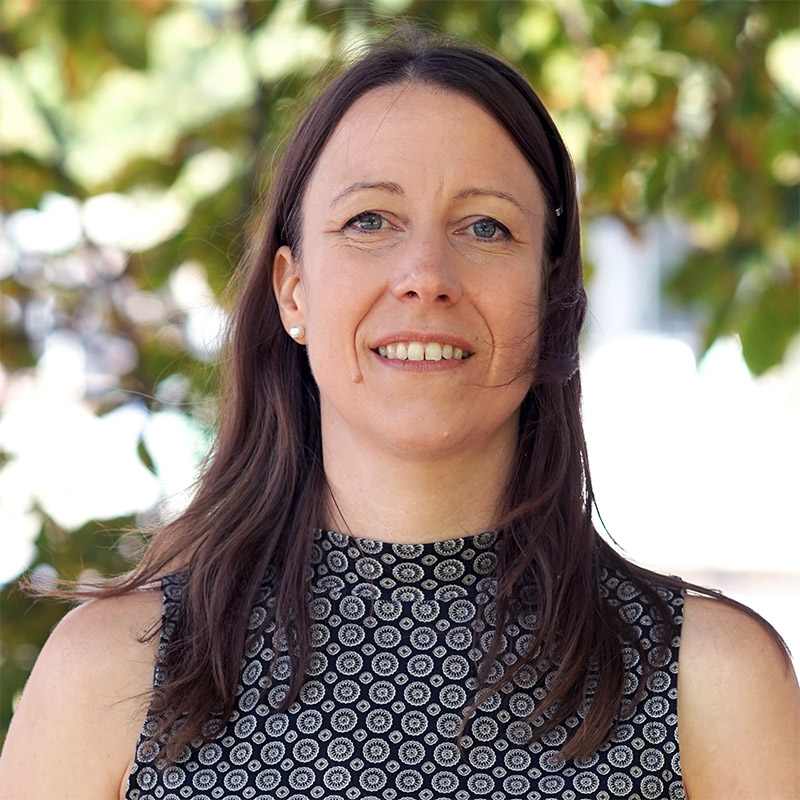

The Council of Agora Agriculture brings together key stakeholders of the agricultural, forestry, and food policy debate. It comprises around 20 people from politics, associations, business, science, and civil society. The members of the Council are appointed in person and not as representatives of their respective institutions.
The Council is a forum for the open and trustful exchange of different perspectives on the challenges of sustainability transformation in food, agriculture, and forestry and on the work of Agora Agriculture.
In addition to the Council, we will establish a Scientific Advisory Board consisting of about 20 scientists from different disciplines. The Scientific Advisory Board will advise Agora Agriculture on complex issues that can only be addressed in an inter-and transdisciplinary way.
Agora Agrar is a brand of the non-profit Agora Think Tanks gGmbH and acts independently of economic and party-political interests. The work of Agora Agrar is financed exclusively by non-profit foundations and organisations.
Please find the funding of Agora Agrar within the Agora Think Tanks gGmbH broken down by funder in the PDF document below.
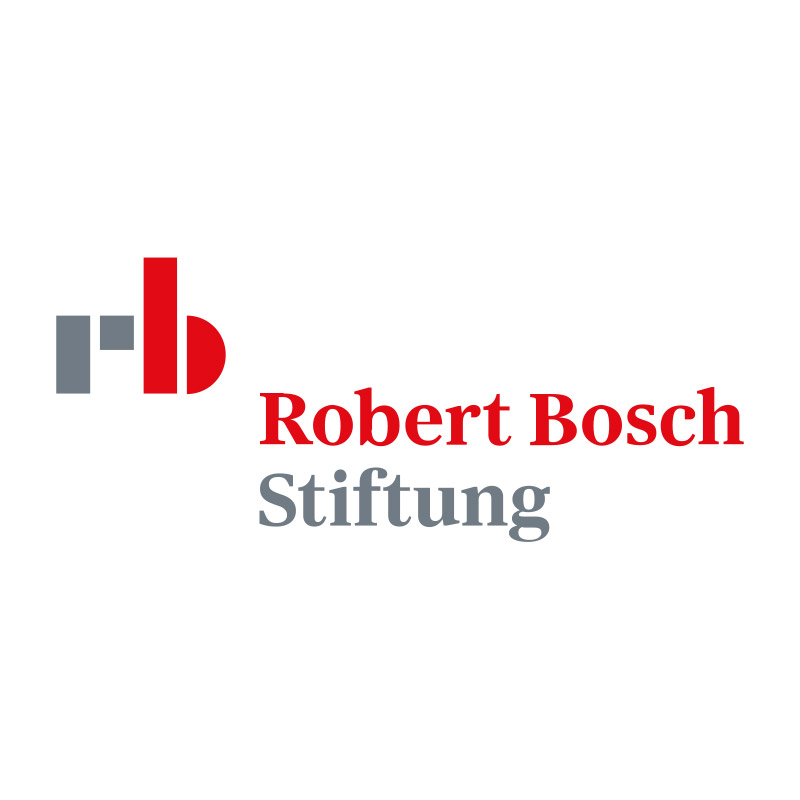
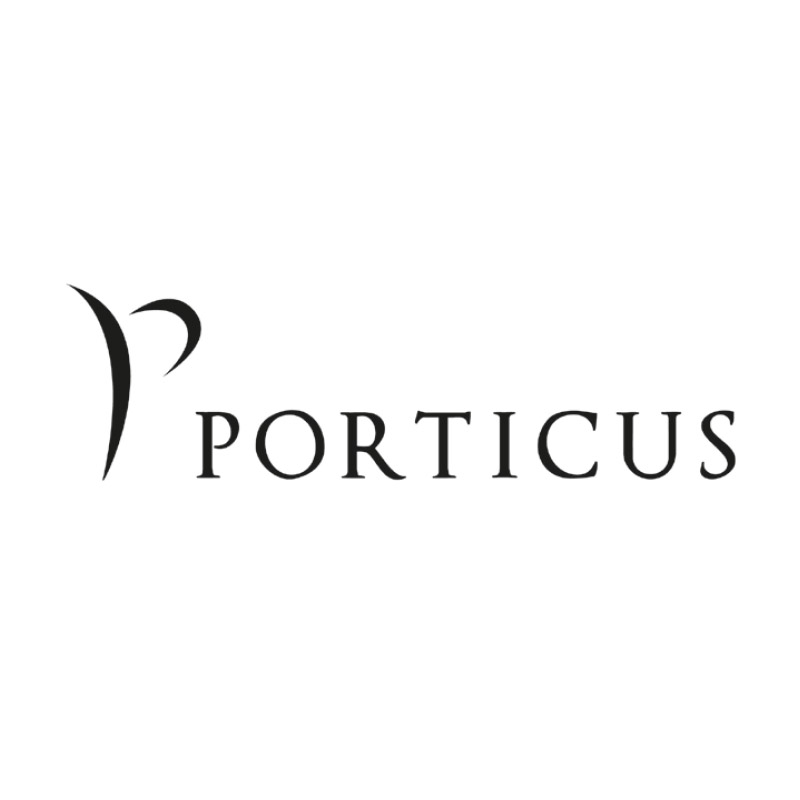
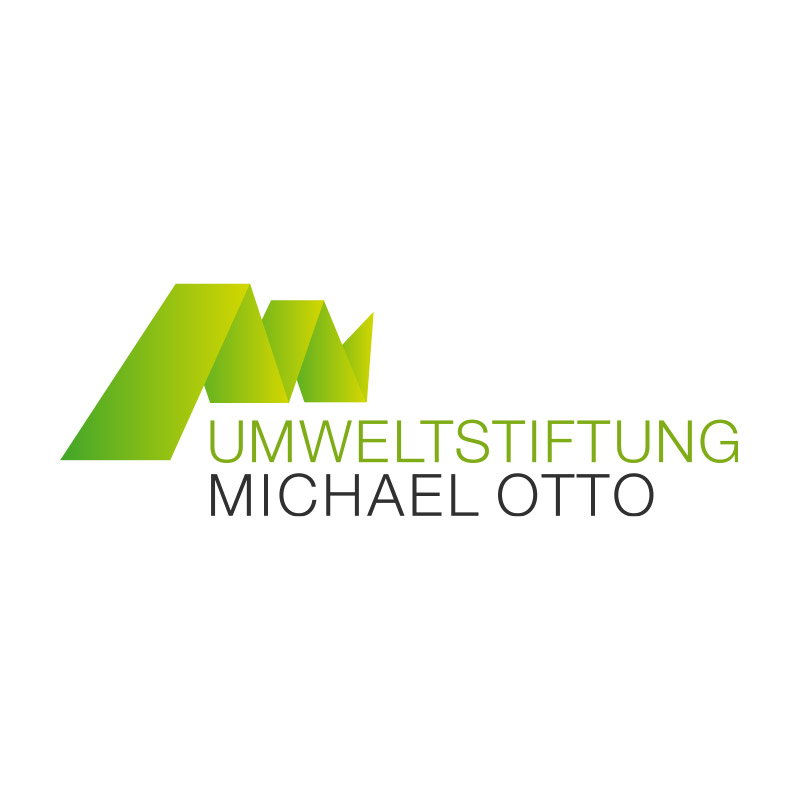
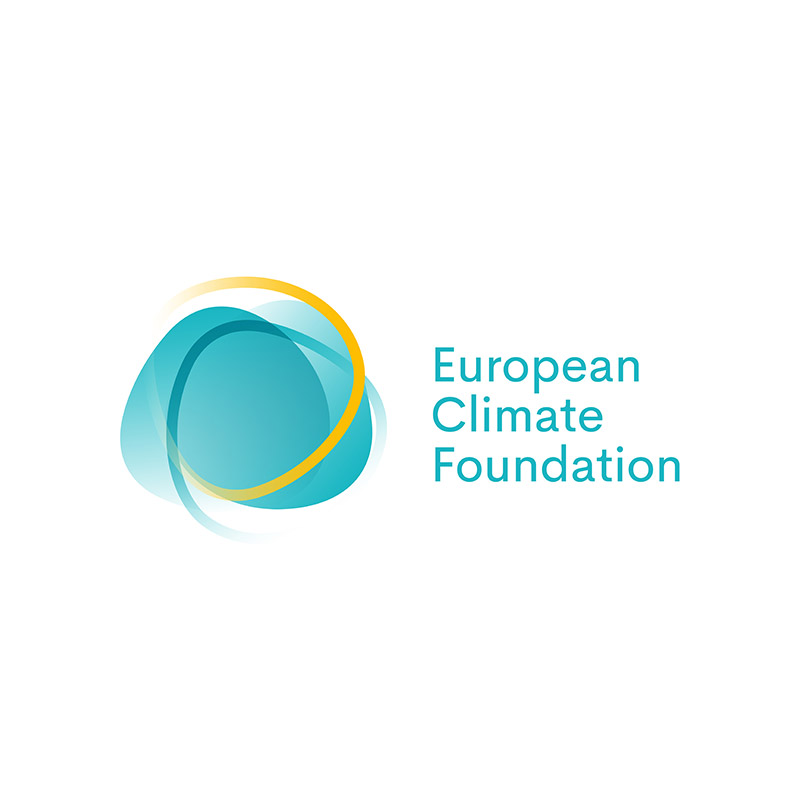
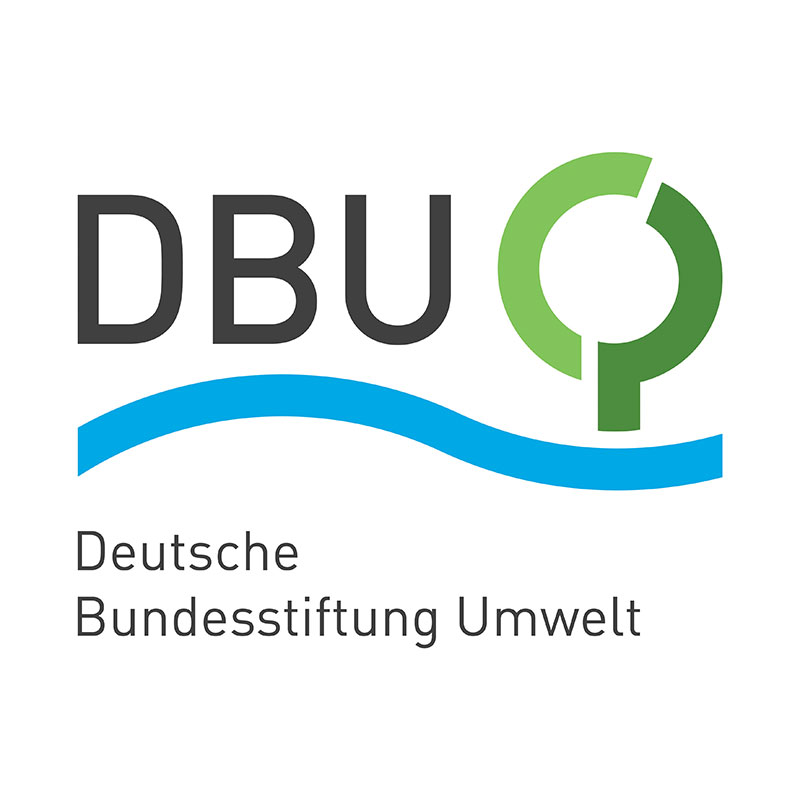
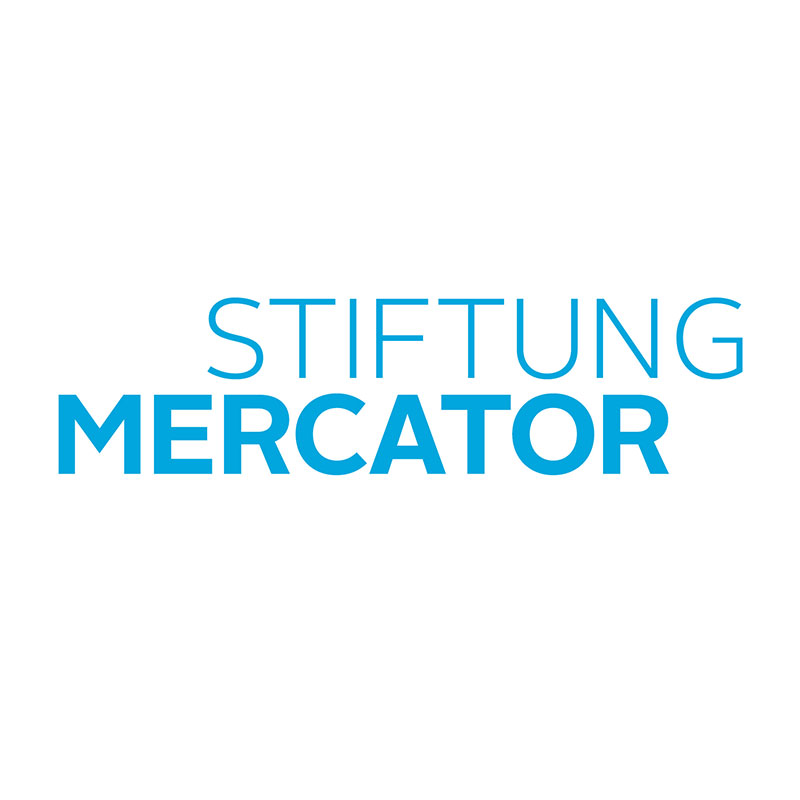
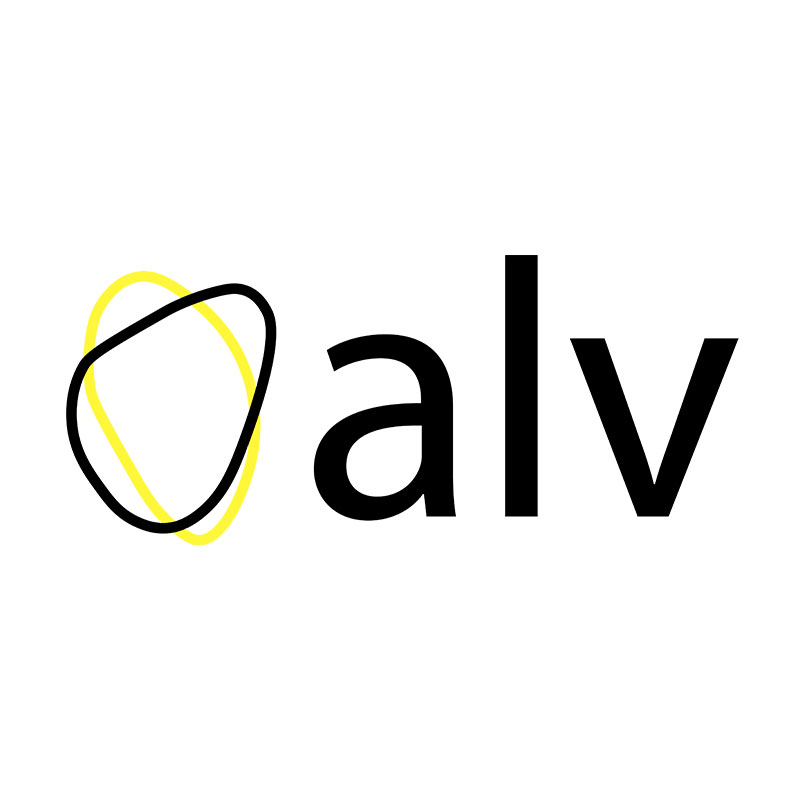
Agora Agriculture is part of the Agora think tanks, which also include Agora Energiewende, Agora Industry, and Agora Verkehrswende. The organisations are united in the pursuit of a climate-neutral future in Germany, Europe and globally. They work in a science-based and interdisciplinary manner to develop sound and politically feasible paths for the major transformation sectors. The Agora think tanks share knowledge with stakeholders from politics, business, science and civil society and strive for a productive exchange of ideas.
Agora Agriculture, Agora Energiewende, and Agora Industry are part of the non-profit Agora Think Tanks gGmbH, which is funded by grants from foundations and public institutions. The organization is not beholden to corporate or political interests.

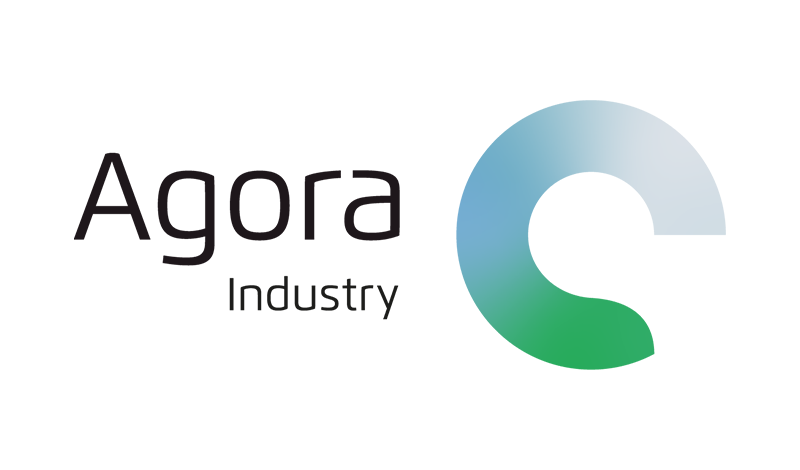
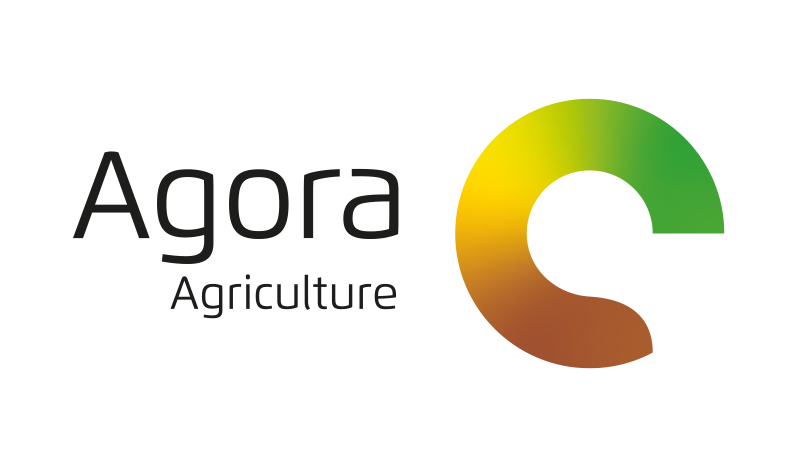
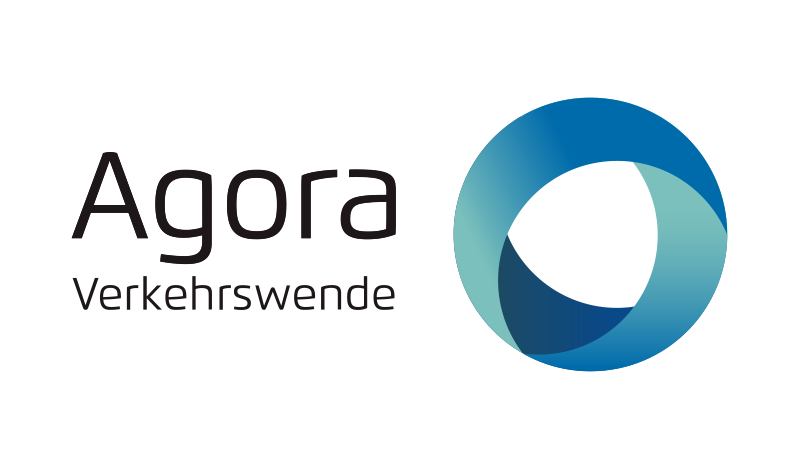

Berlin, 17 May 2022. With today's launch of Agora Agriculture, the independent think tank begins its work on sustainable food, agriculture, and forestry in Germany and the EU. These areas are central to climate protection, biodiversity conservation, and to achieving other sustainability goals at national and international levels. The new organization joins Agora Energiewende, Agora Verkehrswende, and Agora Industry, covering another sector that is central to achieving climate neutrality. The food system as a whole is responsible for about a quarter of greenhouse gas emissions in Germany. In addition, agriculture and forestry are of particular importance for biodiversity due to their share of about 80 percent of Germany’s land area.
Agora Agriculture aims to develop science-based policy proposals for sustainable food, agriculture, and forestry. Through sound analysis and the organization of dialogues, the think tank will support political negotiation processes to achieve key sustainability goals. The focus of Agora Agriculture’s work includes restructuring of livestock farming, sustainability in arable farming and sustainable land use, the rewetting of peatlands, sustainable forest use, and healthier and more sustainable diets.
The think tank is co-chaired by agricultural experts Christine Chemnitz and Harald Grethe. "Food, agricultural, and forestry policies need to be oriented towards key sustainability goals," said Harald Grethe, Director of Agora Agriculture. “The areas that require urgent political action are well known. With our work, we want to help ensure that political decision makers shape the transformation in a knowledge-based, transparent way and with a long-term perspective.”
"Contributing to solving the climate and biodiversity crisis holds great opportunities for the sectors involved and for society as a whole – also in politically uncertain times,” said Agora Agriculture Director Christine Chemnitz. “Agora Agriculture is committed to preserving production resources such as soil and water, developing new sources of income, and increasing societal appreciation of agriculture and forestry."
An important foundation of Agora Agriculture's work is its integrated approach to key sustainability dimensions. This, together with the cooperation with Agora Energiewende, Agora Industry, and Agora Verkehrswende, enables a holistic view of synergies and conflicting goals in the context of future land use. "We are very pleased that with the launch of Agora Agriculture, the Agora think tanks now cover another essential area in the transformation to climate neutrality," said Markus Steigenberger, Managing Director of Agora Energiewende.
Chemnitz and Grethe will head Agora Agriculture and build an interdisciplinary 14-member team. Both have many years of professional experience in the fields of agricultural and food policy: Christine Chemnitz was previously Head of the Unit on International Agricultural Policy at the Heinrich-Böll-Foundation for more than 15 years. Harald Grethe heads the International Agricultural Trade and Development Group at Humboldt-Universität zu Berlin and was Chairman of the Scientific Advisory Board for Agricultural Policy, Food and Consumer Health Protection at the Federal Ministry for Food and Agriculture from 2012 to 2020.
Agora Agriculture works independently of economic and partisan interests and is supported by funding from private foundations. These include the Robert Bosch Stiftung, Porticus, the European Climate Foundation and the Michael Otto Environmental Foundation. The Mercator Foundation is also among its supporters.
Agora Agriculture develops scientifically sound and politically feasible paths for the transformation to sustainable food, agriculture, and forestry. The organization works independently of economic and partisan interests.
Agora Agrar
Anna-Louisa-Karsch-Str. 2
10178 Berlin
Phone +49 30 700 1435-000
Fax +49 30 700 1435-129
info@agora-agrar.de
Directions
We recommend that you use public transport as there
are very few parking spaces in the vicinity of the office.
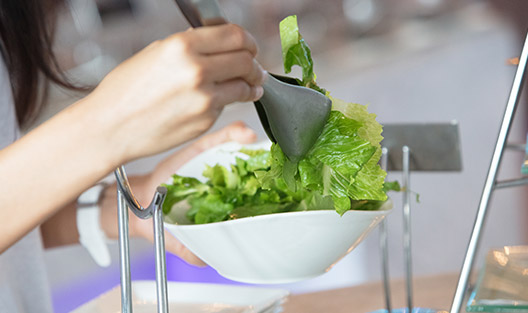
Nutrition decisions take place in a politically, economically, and culturally shaped environment. Agora Agriculture develops concepts for the design of food environments that enable all people to make healthy and sustainable food choices. These choices have an impact on their health, but also on climate, environment and animal welfare, as well as social conditions along the value chain.
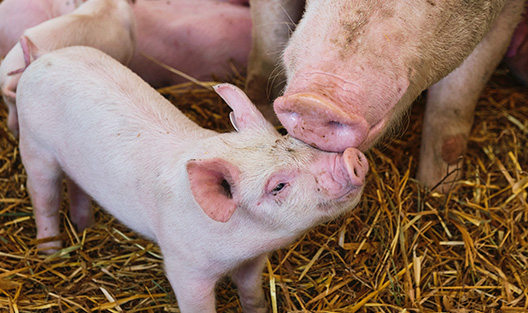
Livestock farming in Germany is criticized due to the conditions under which livestock is raised as well as due to the sector's impact on climate, environment, and public health. In order to meet changing societal demands, a restructuring of the sector must take place according to the guiding principle "less and better." This will only succeed if better animal welfare conditions are also financed by society and there is a political strategy for reducing the consumption and production of animal products. There are concrete proposals on the table for restructuring the livestock sector. Agora Agriculture is helping to develop these further and enable their political implementation.
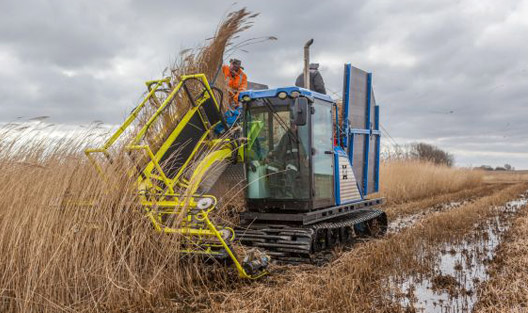
Drained peatlands contribute massively to the climate crisis. They cover only about 7% of agricultural land but cause about 40% of emissions from agriculture and agricultural land use in Germany. These emissions decrease significantly when peatlands are rewetted. That is why the guiding principle counts: "mires must be wet." However, rewetting is a major challenge. It requires a paradigm shift because until well into the 20th century, draining peatlands was considered an achievement and a contribution to food security. Rewetting poses a considerable reduction in the utilization possibilities of today's owners and users, which is why rewetting can only be implemented in consultation with them. In this respect, wet mire utilization must also open economic opportunities. Agora Agriculture promotes this dialogue with different interest groups in order to develop a peatland strategy with concrete goals and a strategic mix of political instruments.
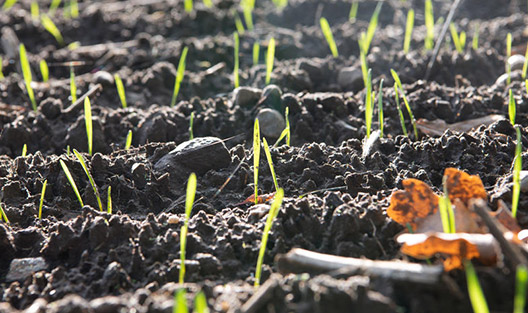
About 12 million hectares of land in Germany are used as arable land to feed people and livestock and to produce raw materials for energy and materials. Arable farming faces the challenge of continuing to achieve high yields, but with a significantly lower impact on the environment and climate. To achieve this, nutrient cycles must be closed to a greater extent, plant protection must be made more sustainable, and agricultural landscapes must become more diverse. Agora Agriculture is helping to shape the necessary transformation in such a way that sustainability goals are achieved and income opportunities for farmers are created.
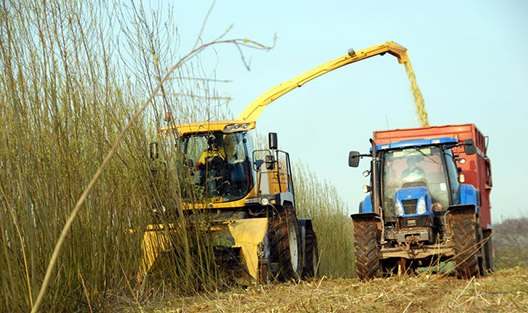
Land use generates climate-damaging emissions, but at the same time, the plants extract CO2 from the atmosphere. In order to design effective climate protection policies for agriculture and forestry, these two different effects must be considered in an integrated manner. This includes emissions from land use and the buildup of carbon sinks in natural systems (e.g., soil carbon, and trees), the buildup of carbon sinks in downstream material stores (e.g., construction wood), and the substitution performance of biomass used for energy or materials.
The increasing demand for biomass for the production of energy and materials has implications for land and food prices as well as for cropping patterns and biodiversity. Agora Agriculture structures the debate around the potential contribution of agriculture and forestry to the decarbonization of other sectors, analyzes the implications for multiple societal goals, and develops policy proposals for use oriented towards different sustainability dimensions.
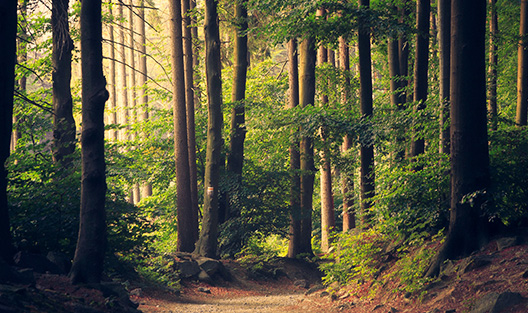
With a share of over 30%, forests are the second most important form of land use in Germany after agriculture. Forests are important for biodiversity, as a carbon sink for climate protection, contribute to water storage and fulfil an important socio-cultural function for humans as recreational areas.
Despite their importance to society, the diverse ecosystem services provided by forests have been under-rewarded and therefore under-provided for. At the same time, climate change is endangering forests and thus also the services they provide to society.
Agora Agriculture structures the debate on conflicts of forest use in the light of the different sustainability goals and develops proposals for a goal-oriented design of forest policy.
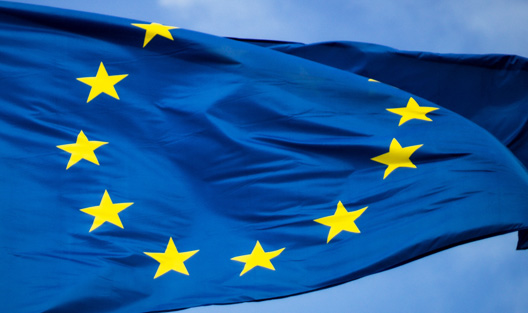
The EU's Common Agricultural Policy (CAP) is one of the major levers for shaping and financing the transformation of agriculture in Germany and the EU. Under the CAP, around six billion euros in EU funds are made available each year in Germany to support agriculture. In future, this money should be paid to farmers in a targeted manner for the provision of services of public interest (especially environmental and climate protection and animal welfare). Agora Agriculture is developing concepts for further developing the CAP at the EU level as well as proposals for German policy in order to orient the CAP more strongly towards sustainability goals within the framework set by the EU.

Jaclyn Bandy works as an officer in the Team Livestock at Agora Agriculture since March 2023. She develops proposals and concepts for environmentally- and animal-friendly livestock farming, with a focus on feasible political implementation. Previously, Jaclyn was a doctoral student at the University of Hohenheim, where she conducted research in the field of animal feed. She completed her Master of Sciences (M.Sc.) in Agriculture and Resource Management for the Tropics and Subtropics at the University of Bonn in January 2021.
During her studies, she worked as a junior researcher at WOCAT (World Overview of Conservation Approaches and Technologies) on a case study in India and as an intern for GIZ (Deutsche Gesellschaft für Internationale Zusammenarbeit) in a sector project on sustainable agriculture.
Jaclyn came to Germany from California, USA in 2016 after completing her bachelor's degree in animal science at California Polytechnic State University, San Luis Obispo.

Since February 2023, Arnaud Brizay leads the team "Land Use in the Bioeconomy" at Agora Agriculture, which develops knowledge-based and politically implementable land use concepts for future-oriented, sustainable agriculture and forestry at German and European level.
Before joining Agora Agriculture, Arnaud Brizay was French exchange officer at the Federal Ministry of Food and Agriculture (BMEL) for two years. Previously, he was agricultural attaché at the French Embassy in Berlin for six years, responsible for Germany, Austria and Switzerland. He gained further international experience during his four years as Forest Policy Officer at the UNECE/FAO Joint Section in Geneva.
In France, Arnaud Brizay was Head of Unit for Forestry and Timber Development at the Ministry of Agriculture in Paris. He has also managed the Division for Environment and Rural Areas in the Pas-de-Calais Département. He started his career in 1999 at the French Embassy in Ireland on agricultural policy issues.
Arnaud Brizay studied agricultural sciences in Paris and forestry in Nancy.

Christine Chemnitz previously headed the Department of International Agricultural and Food Policy at the Heinrich-Böll-Foundation for more than 15 years. She studied agricultural sciences in Göttingen and Berlin and received her PhD in Agricultural Economics from the Humboldt-Universität zu Berlin in 2011.

Harald Grethe has been a Professor in International Agricultural Trade and Development at Humboldt-Universität zu Berlin since 2016. Previously, he headed the Department of Agricultural and Food Policy at the University of Hohenheim and was Chairman of the Scientific Advisory Board on Agricultural Policy, Nutrition and Consumer Health Protection at the German Federal Ministry of Food and Agriculture (WBAE) from 2012 to 2020.

Tom Hollander joined the Arable Farming team at Agora Agrar in July 2023. Before that he was Project Manager of the ecological model region of Hamlin-Pyrmont in Lower Saxony for one year and responsible for developing and strengthening organic agriculture in that county. In the same region he was also employed as a farmer for two years performing hands-on farm work. Tom Hollander holds a masters degree in in Organic Agriculture Management from HNE Eberswalde (University of Sustainable Sciences) and a bachelors degree in Environmental Sciences from Koblenz-Landau University. He is also a professionally trained agriculturalist.

Ivonne Kampermann has worked at Agora Agriculture since January 2024 on the opportunities, challenges, and national implications of the European Union’s ‘Green Deal’. The core focus of her work is on the interactions between the decarbonisation of industry, transport and energy, and future land use.
Ivonne worked as a research associate at the Leibniz Centre for Agricultural Landscape Research (ZALF) until October 2023. Prior to this, she worked for two years at the Research Institute of Organic Agriculture (FiBL) in Switzerland on the comparison of agricultural farming systems. Ivonne completed her master’s degree in Agroecology at Wageningen University & Research. For her bachelor’s degree, she studied Agricultural Sciences at the University of Hohenheim.

Wilhelm Klümper joined Agora Agriculture’s Land Use Team in November 2022, where he works on opportunities, challenges, and national implications of the European Green Deal on all land use sectors. The development of scenarios for optimal future land use regarding the sustainable provision of food, feed, and other biogenic raw materials is a central element of his work. In close cooperation with Agora Industry and Agora Energiewende, Wilhelm also deals with the topics of future biomass use for industry, construction, and energy as well as other parts of the bioeconomy.
Before joining Agora Agriculture, Wilhelm worked as a freelance consultant on issues such as international agricultural development and world food security and headed the monitoring and evaluation department of the “One Acre Fund” in Rwanda, a social enterprise to support smallholder farmers.
He started his professional career in 2015 at the German Farmers' Association in Brussels. Wilhelm received his doctorate in agricultural economics from the Georg-August University in Göttingen in 2014.

Tanja Dräger’s work focuses on sustainable diets and the development of approaches and policies that support environmentally friendly, socially just, and healthy diets. This includes the reduction of food loss and food waste along the entire food supply chain.
Before joining Agora Agrar, Tanja Dräger worked as a Senior Officer for sustainable land use, climate protection and sustainable diets at WWF Germany for more than 17 years. She was responsible for developing and implementing strategies on various issues and has extensive experience in organizing and implementing stakeholder processes, projects and public relations. She dealt extensively with the topic of food waste and the environmental impacts of food systems, particularly with regard to climate, water consumption and scarcity, land use and biodiversity.
From 2000 to 2005, Tanja Dräger worked at the Ecologic Institute, where she was responsible for research projects on the impacts of the EU Common Agricultural Policy on the environment and nature.
Tanja Dräger studied geography at the Humboldt University in Berlin.

Nahleen Lemke joined Agora Agriculture’s Land Use team as a Manager in January 2023. In her role, she is responsible for the rewetting of agriculturally used peatlands. Her tasks include conducting analyses on the economic potential of the use of wet peatland sites and organizing dialogue processes with representatives from agriculture, science, business and politics that enrich the policy-making process.
Until December 2022, Nahleen was a Research Associate and Project Coordinator at the Leibniz Centre for Agricultural Landscape Research (ZALF). Her work focused on political and private funding instruments for peatland and climate protection, digitalization in agriculture, and the quantification and valorisation of ecosystem services in agricultural landscapes. As part of this work, she contributed to various scientific publications. Nahleen studied "Integrated Natural Resource Management" at the Humboldt University in Berlin. During this period, she participated in a study visit of several weeks in Kyrgyzstan and researched the ecosystem functions of high mountain peatlands.

Georg Lukas has been working as a student assistant in the field of land use in the bioeconomy with a focus on forests at Agora Agrar since August 2023.
Since September 2022, he has been studying for a master's degree in "Forestry System Transformation" at the University for Sustainable Development Eberswalde (HNEE). Previously, he finished his bachelor´s degree “International Forest Ecosystem Management” at HNEE while he was also a visiting scientist at the Potsdam Institute for Climate Impact Research (PIK), where he worked on the topic of forest carbon markets in the EU.

As Senior Manager Communications and Press, Anna Martinsohn is responsible for the communication of Agora Agriculture’s work in the food, agriculture, and forestry sectors as well as its German and European press work and is part of the Agora communications team.
Prior to joining Agora in September 2022, she was Deputy Spokeswoman and Editor at the German Hunting Association. Before that, she was a Robert Bosch scholar with the Science Journalism Initiative, where she was trained at the German press agency (DPA) and Focus magazine.
Anna holds a Ph.D. in Forest Economics from the Westphalian Wilhelm-University of Münster. She completed a Master’s degree at the University of Applied Sciences Eberswalde in Forest Information Technology and Wageningen University in the Netherlands. Before that, she finished her Bachelor‘s degree in International Forest Ecosystem Management at the University of Applied Sciences in Eberswalde and at the National School of Rural Engineering, Water Resources and Forestry in Nancy / France. She interned in the field of forest recreation and non-timber forest products in Canada and France.

Since March 2023, Jakob Meemken has been working as an officer in the Team Livestock at Agora Agriculture. He develops proposals and concepts for environmentally- and animal-friendly livestock farming, with a focus on feasible political implementation.
Before joining Agora Agriculture, Jakob worked for four years as a research assistant at the Thünen Institute (TI) for Market Analysis in Braunschweig, where he dealt with the national and international poultry market. Between May 2019 and December 2019, Jakob worked as a consultant in Unit 622 for World Food, International Cooperation and Combating Flight Causes at the Ministry of Food and Agriculture (BMEL) in Berlin.
Jakob Meemken studied Agricultural Sciences (B.Sc.) and Agricultural Economics (M.Sc.) at the Humboldt University in Berlin. For the most part, his focus was on livestock farming.

Wiebke Nowack works at Agora Agriculture on the opportunities, challenges and national implications of the European Union's ‘Green Deal’ since September 2022. Her core focus is on the rewetting of peatlands and the management of forests, arable land, and grassland in line with climate and biodiversity goals. Wiebke's responsibilities also include supporting master's theses for students at Humboldt University in Berlin.
Until July 2022, Wiebke was a Doctoral Fellow at the Heinrich Böll Foundation and worked as a PhD student at the Humboldt-Universität zu Berlin on the social implications of structural change in agriculture. During this time, she published several academic articles and gained a deep understanding of the changing role of agriculture through her empirical research. Previously, she completed her Master's degree in Agricultural Economics at the University of Hohenheim. For her bachelor's degree, she studied geography and economics at the Westfälische-Wilhelms-Universität in Münster, Germany, and at the Norwegian University for Science and Technology in Trondheim, Norway.

Nils Ole Plambeck has been the Team Lead for Arable Farming at Agora Agriculture since November 2022. He aims to develop solutions for economically sound and environmentally sustainable crop farming.
Before joining Agora Agriculture, Nils Ole Plambeck was responsible for organic agriculture at the Thuringian State Office for Agriculture and Rural Areas (TLLLR). From 2016 to 2020, he worked as a research assistant in the Department of Agriculture at the Federal Environment Agency (UBA). His work at UBA focused on the economic assessment of agricultural environmental effects, life-cycle-assessment of conventional and organic production systems, the reform of the EU's Common Agricultural Policy (CAP) and the sustainable development of organic farming. Nils Ole Plambeck started his professional career in 2015 as a Research Assistant at the Department of Agricultural Economics and Rural Development at the Georg-August University of Göttingen.
Nils Ole Plambeck studied political science in Bremen and agricultural sciences in Göttingen.

Cora Petrick has been working at Agora Agriculture since August 2023 in the 'Sustainable Arable Farming' team, which aims to develop solutions for profitable and environmentally friendly arable farming at the interface between science and politics. In this context, she focuses on the role of the EU's Common Agricultural Policy (CAP).
Before joining Agora Agrar, Cora Petrick worked for more than five years as a consultant for farms in Berlin, Brandenburg, Mecklenburg-Western Pomerania and Saxony-Anhalt for the organic farming association Bioland e.V. Her consulting work focused on agricultural subsidy management, farm management and conversion to organic farming. She gained insights into political processes during her time as a student assistant in the German Bundestag.
Cora Petrick holds a Master's degree in Agricultural Economics and a Bachelor's degree in Agricultural Sciences from the Humboldt University in Berlin, and also studied at Wageningen University in the Netherlands.

As Agora Agriculture’s Manager for EU Policy for Food and Land Use Sectors, Nikolai Pushkarev follows relevant European policy processes on agriculture, land use, and food at the European level in Brussels. He also supports efforts to coordinate activities in this portfolio with other think tanks across Europe.
Before joining in November 2022, Nikolai was Senior Policy Manager and Policy Coordinator at the European Public Health Alliance (EPHA), responsible for the development and implementation of the organisation’s policy strategy on food systems and health.
Nikolai holds an MA in European Law from Maastricht University and a postgraduate certificate in Agricultural Economics through the School of Oriental and African Studies.

Christian Rehmer leads Team Livestock at Agora Agriculture since September 2022. He develops proposals and concepts for environmentally- and animal-friendly livestock farming, with a focus on feasible political implementation.
Before joining Agora Agriculture, Christian led the agricultural policy department at Friends of the Earth (FOE) Germany for over six years. In addition to animal husbandry, his work focused on the Common Agriculture Policy (CAP) and fertilizer law. On behalf of FOE Germany, Christian worked on the final report of the Future Commission on Agriculture, as well as on the recommendations of the Competence Network on Farm Animal Husbandry.
Christian gained parliamentary experience during his nine and a half years as a Research Assistant at the German Bundestag, where he worked on a wide range of agricultural policy issues. He started his professional career in 2004 at the Fördergemeinschaft Ökologischer Landbau Berlin-Brandenburg e.V. (FÖL). Prior to this, Christian studied landscape use and nature conservation at the University of Applied Sciences Eberswalde.

Blanka Stolz joined Agora Agriculture in August 2022. As a Team Assistant, she coordinates internal and external activities and supports the team in project management. Before joining Agora Agriculture, she was a self-employed business consultant and project manager. Blanka holds a Master's degree in German, English and Communication and Media Studies from the University of Leipzig with a semester abroad at the University of Wales, Bangor.

Stephanie Wunder coordinates Agora Agriculture’s work on sustainable diets and the development of favourable policy frameworks at the German and EU level.
Before joining Agora Agriculture, Stephanie worked at the Ecologic Institute as the Coordinator of Sustainable Food Systems and Land Use Policy for over 15 years. She was also a member of the Steering Group, the managing body of the Ecologic Institute. On numerous national and European projects, she has worked at the science-policy interface on issues related to the transformation of food systems, including the reduction of food waste, the promotion of plant-based diets, and the design of national and regional food strategies.
In 2006, she worked for six months at the European Commission (EC) in the German-Austrian Rural Development Unit of the Directorate-General for Agriculture. In 2008 she taught a research semester at the University of Denver.
Stephanie Wunder studied landscape planning with a focus on environmental policy at the Technical University of Berlin.
Address
Agora Agrar
Anna-Louisa-Karsch-Str. 2
10178 Berlin
Telephone +49 30 700 1435-000
Telefax +49 30 700 1435-129
info@agora-agrar.de
Management
Smart Energy for Europe Platform (SEFEP) gGmbH
Markus Steigenberger
Legal form
Agora Agrar is part of the Smart Energy for Europe Platform (SEFEP) gGmbH. The company is registered at Amtsgericht Charlottenburg, HRB 126 115 B.
Note: Only informal contacts are possible via e-mail. Legally binding declarations cannot be delivered this way.
SEFEP is run by the management team of Agora Energiewende, consisting of Matthias Buck, Simon Müller, Frank Peter, Jesse Scott, and Markus Steigenberger.
Editorial Office
Dr. Jahel Mielke
Dr. Christine Chemnitz
Prof. Dr. Harald Grethe
IT
Contact webmaster:
info@agora-agrar.de
Disclaimer and Copyright
The information in the internet service has been carefully compiled by Agora Energiewende, Smart Energy for Europe Platform (SEFEP) gGmbH. We do not, however, take legal responsibility for its validity, accuracy, or completeness. You can save, pass on, and reproduce information, and add links to this site.
With prior written approval, the contents of this website can be integrated into other browser windows.
The information may not, moreover, be altered or falsified. Please indicate the source when reproducing or distributing.
This website contains links to other websites (external links). These websites are the responsibility of the operator. Agora Energiewende and Smart Energy for Europe Platform gGmbH (SEFEP) have no influence on the current and future design, and content of linked pages. The inclusion of external links does not mean that Agora Energiewende, Smart Energy for Europe Platform gGmbH (SEFEP) makes use of the reference or link contents.
© 2022 by Agora Agrar, Smart Energy for Europe Platform (SEFEP) gGmbH
Copyright for images and graphics
Fotos: https://unsplash.com/
Technical Notes
Through the digitization of data, errors may occur. When using different browsers for the World Wide Web and different software settings, the presentation of data my result in aberrations.
Note for Optimum Display
For optimum display the user should turn on JavaScript in your browser settings. But this is not a requirement for the use of this service. For best results viewing this website use Firefox version 13, Microsoft Internet Explorer Version 8 or higher, or the Webkit browser engine (Safari, Chrome).